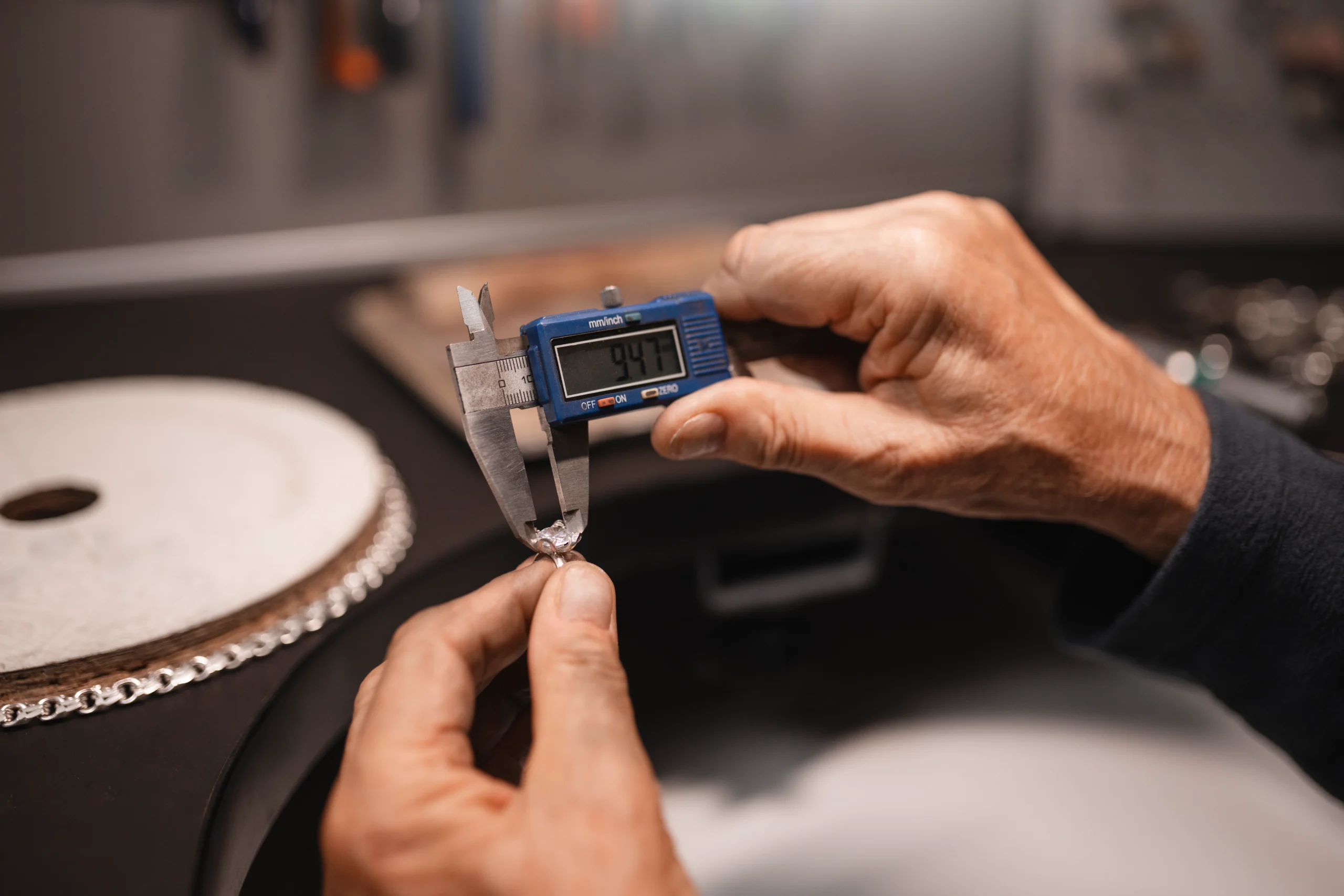In today’s highly competitive and regulated business environment, quality management systems (QMS) are foundational for operational excellence and sustainable growth. At the core of effective QMS lies the ability to consistently deliver accurate, reliable data to control processes, assure product quality, and comply with regulatory requirements. This precision is achieved through a rigorous and strategic approach to calibration the process of verifying and adjusting measuring instruments to defined standards.
While often perceived as a technical necessity, calibration is in fact a strategic enabler that significantly strengthens quality control, drives operational efficiency, and fosters business growth across industries. This article delves into the integral role calibration plays in advanced quality management systems, highlighting how it empowers companies to build trust, reduce risks, and scale with confidence.
Calibration: The Backbone of Quality Management Systems
Calibration directly supports the principal objectives of any QMS: ensuring product conformity, minimizing variation, and validating processes. By guaranteeing that all measurement instruments be it temperature sensors, pressure gauges, analytical devices, or dimensional tools operate within prescribed accuracy limits, calibration upholds the integrity of measurement data critical to decision-making and quality assurance.
For quality managers and operational leaders, calibrated instruments are essential for:
- Controlling process variability: Reliable measurements allow for meaningful monitoring and statistical process control, reducing defects and improving yield.
- Complying with stringent standards: Regulations such as ISO 9001, ISO/IEC 17025, ISO 13485 (medical devices), and industry-specific mandates depend on documented calibration practices.
- Supporting audit readiness: Traceable calibration records ensure that audits whether internal, customer, or regulatory are met with clear, verifiable evidence of compliance.
The calibration process ensures the repeatability and reproducibility of measurements, which are critical to sustaining product quality and customer confidence over time.
Enhancing Operational Excellence Through Calibration
In a modern manufacturing or laboratory environment, operational decisions are data-driven. Errors or drift in measurement instruments can cascade into costly production errors, recalls, or regulatory penalties. Regular calibration mitigates these risks by:
- Detecting measurement drift early: Proactive calibration schedules identify deviations before they affect processes or product quality, enabling timely corrective actions.
- Reducing downtime and maintenance costs: Well-calibrated instruments minimize unplanned failures, decreasing machine downtime and lowering reactive maintenance expenditures.
- Optimizing resource utilization: Accurate data helps streamline production parameters, reducing waste of raw materials and energy consumption, contributing directly to cost efficiency.
These operational benefits translate to improved throughput, reduced quality incidents, and ultimately enhanced profitability for businesses.
Calibration as a Catalyst for Business Growth
The influence of calibration extends well beyond the factory floor or laboratory bench; it forms a key pillar for sustainable business growth strategies in several ways:
1.Building and Sustaining Customer Trust
Consistent product quality backed by calibration-led measurement assurance fosters customer loyalty and brand reputation. In industries where safety and precision are non-negotiable—such as aerospace, pharmaceuticals, healthcare, and energy calibration instills confidence in clients, partners, and regulators alike.
2.Facilitating Market Access and Regulatory Approvals
International trade increasingly demands rigorous quality proof. Companies with robust calibration and quality management infrastructures enjoy smoother market entry, fewer regulatory hurdles, and increased competitiveness in global supply chains. This advantage is significant in joint ventures and strategic partnerships where compliance to standards is a prerequisite.
3.Enabling Continuous Improvement and Innovation
Accurate measurement data is the foundation for continuous process improvements and innovation initiatives such as Lean Six Sigma or Industry 4.0 projects. Reliable calibration ensures the fidelity of process analytics, empowering R&D and quality teams to explore new product development, optimize processes, and implement smart manufacturing solutions effectively.
Best Practices for Integrating Calibration into Quality Management
To maximize the impact of calibration on quality and growth, companies should adopt a strategic approach encompassing:
- Comprehensive calibration planning: Define calibration intervals, instrument types, and criticality based on risk assessments and operational impact analysis.
- Accredited calibration service providers: Partner with ISO/IEC 17025-accredited labs to ensure traceability and credibility of calibration results.
- Use of calibration management software: Implement digital workflows for scheduling, tracking, and documenting calibration activities for audit readiness and data integrity.
- Training and competency development: Equip calibration teams and quality personnel with up-to-date skills and knowledge in calibration techniques and standards.
- Regular audits and performance reviews: Monitor calibration effectiveness as an integral metric within the broader QMS performance indicators.
Such holistic integration elevates calibration from an isolated activity to a core enabler of quality objectives and business KPIs.
Why Prime Innovation Contracting Co. Is Your Trusted Calibration Partner
With a legacy spanning over 30 years, Prime Innovation Contracting Co. specializes in delivering precise, reliable, and traceable calibration services that align with your quality management goals. Our experienced team, state-of-the-art laboratories, and stringent quality controls provide assurance that your instruments meet international standards and operational demands.
We serve critical sectors across Saudi Arabia including oil & gas, pharmaceuticals, healthcare, manufacturing, and construction helping businesses:
- Maintain compliance with ISO 9001, ISO/IEC 17025, GMP, and more
- Reduce operational risks and enhance measurement confidence
- Integrate calibration fully within their quality and production processes
- Improve efficiency, cost-effectiveness, and market positioning.
Our commitment extends beyond calibration; we are your strategic partner in building a culture of quality that drives business growth.
Conclusion
Calibration is much more than a regulatory obligation; it is a strategic asset for businesses aiming to excel in quality management and growth. When measurement instruments are calibrated accurately and consistently, organizations gain the data integrity essential for decision-making, compliance, operational excellence, and innovation.
Investing in a well-structured calibration program and partnering with trusted experts like Prime Innovation Contracting Co. translates into a sustainable competitive advantage a foundation upon which quality, trust, and growth are built.






